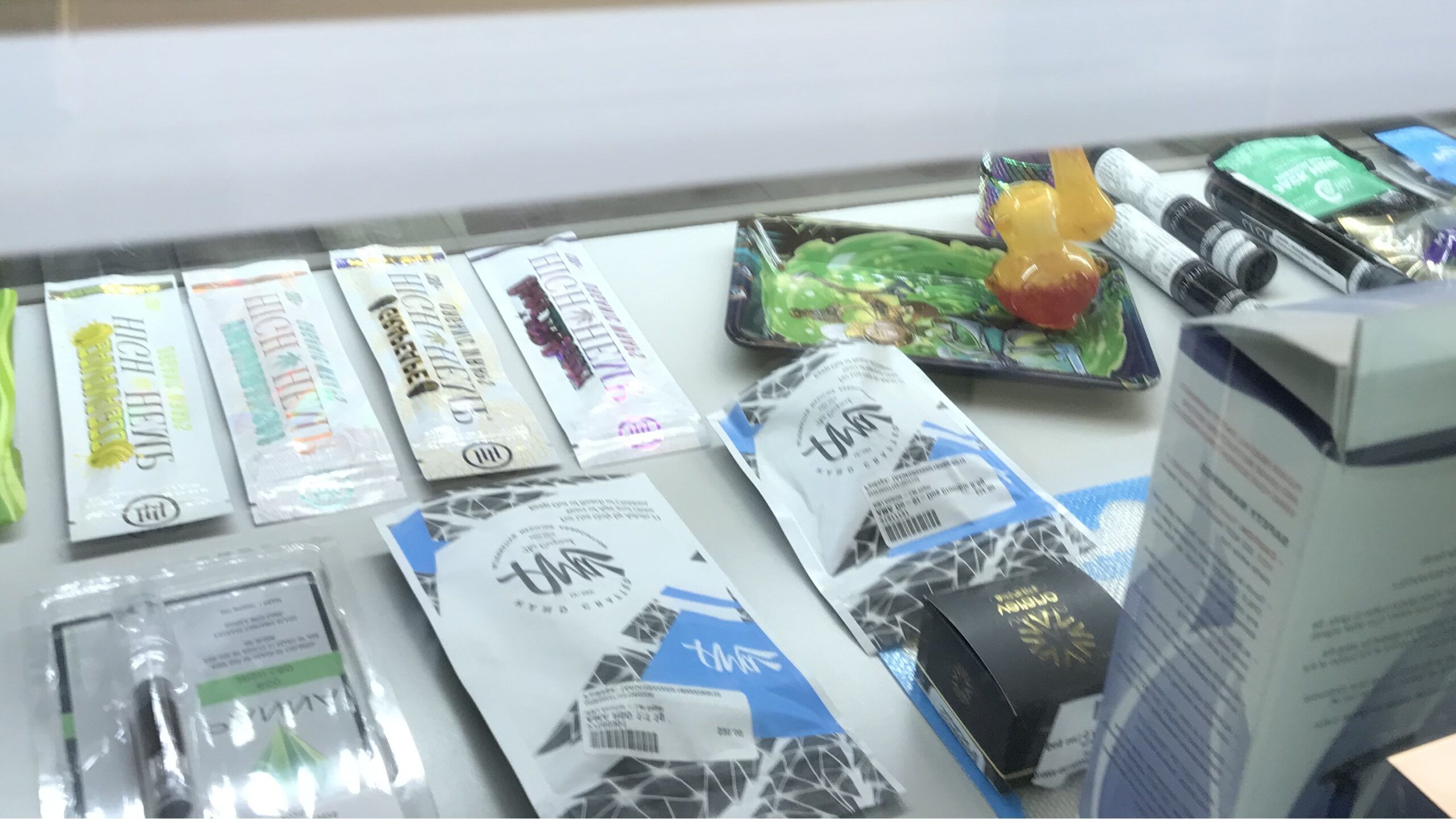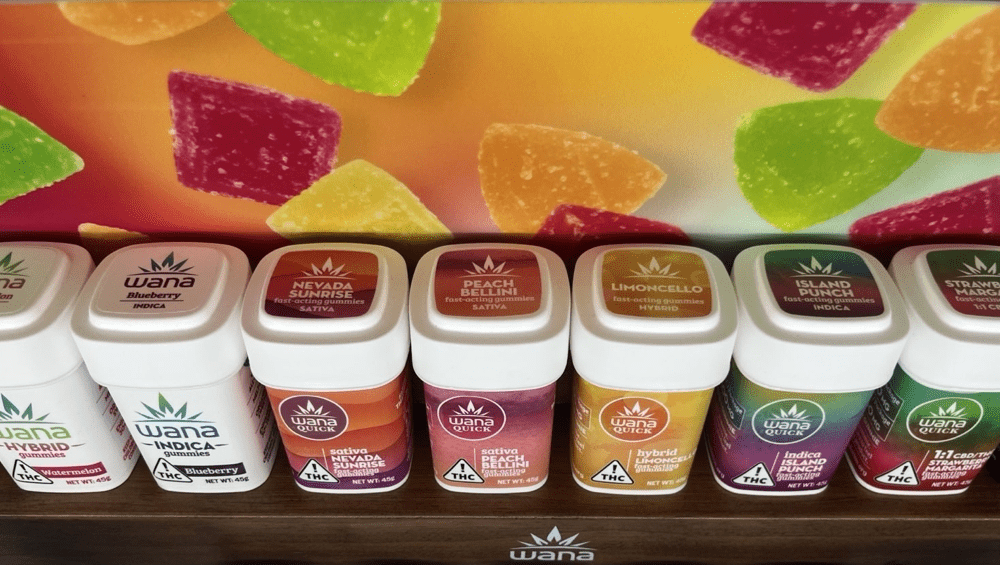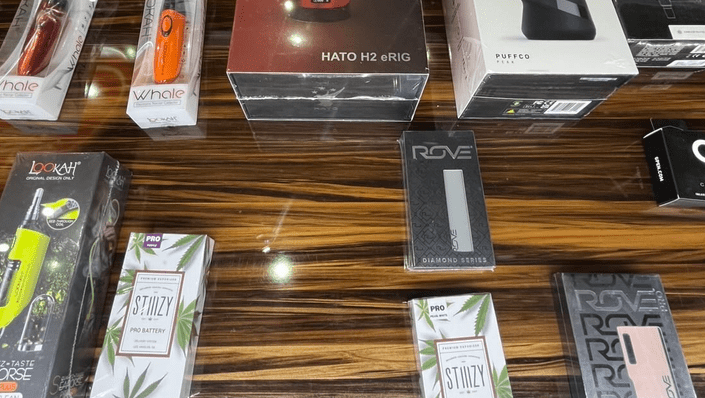-

Understanding Heavy Metals and Pesticides Testing in Vape Cartridges
Read more: Understanding Heavy Metals and Pesticides Testing in Vape CartridgesCannabis vape cartridges have become a preferred choice for many consumers seeking discreet and convenient consumption. The importance of product…



